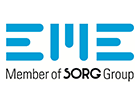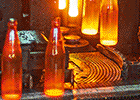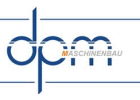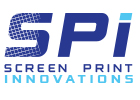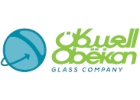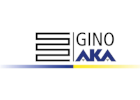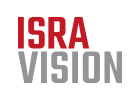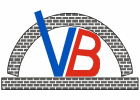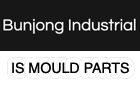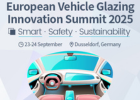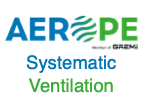To address climate change and decarbonisation, companies are reimagining the way they produce glass containers and promote energy efficiency. When it comes to the decarbonisation challenge, one possible solution under development for the glass industry is a world-first technology called “Furnace for the Future” (F4F). This is a flagship initiative that shows what can be achieved when people come together.
Furnace for the Future (F4F) will help Europe become a world leader in the decarbonisation of industry. It will switch big container glass furnaces away from fossil fuels and onto renewable electricity.
This calls for ingenious breakthrough technology, brought together through a collaboration between major players in the fight against climate change. The 19 independent companies behind the F4F project account for more than 90% of total glass container production in Europe.
F4F will be on a scale never seen before. Electric furnaces typically produce 100 tonnes of glass per day. F4F could take this to 350 tonnes a day. Much smaller furnaces using electricity to melt glass already exist, but only for clear or green glass and a limited amount of recycled material. F4F would make it possible to melt large amounts of “amber” glass (protecting the product from UV radiation), which until now has been difficult to melt electrically, and dramatically increase the use of recycled glass in electric furnaces. Such a furnace has never been built before and we need to develop the know-how to produce a glass meeting customer need.
Developing climate-neutral societies means significant disruption. The roll-out of industry decarbonisation strategies will require huge efforts. But climate neutrality is a clear achievable objective for glass packaging. Much work has already been done. Over the last century, the amount of energy used to produce one tonne of glass has been reduced by 80%, with a corresponding drop in carbon emissions.
Glass packaging is essential for the food and drink, pharmaceutical, perfume, and cosmetics industries. It is the kind of material consumers increasingly expect to see today.
Glass has unique sustainability benefits. It is reusable and infinitely recyclable in a closed loop. Glass is inert, meaning it does not react with its contents and doesn’t release substances into the packed product. This is why glass containers can be used for food or medicine without posing any health risks. And when it comes to employment, more than 125,000 people work directly or indirectly for the glass packaging value chain across Europe.
Judged by any of these criteria, glass is the perfect packaging. Furnace for the Future will help to tackle the final, crucial issue of decarbonisation. EU countries have committed themselves to carbon neutrality by 2050 and to bringing carbon emissions at least 55% below 1990 levels before the end of 2030. This is a social shift that everyone, from citizens to industry to government, must support by working together and by finding new approaches.
We must remember that the availability and price of renewable energy vary greatly from one country to another. The electrification of glass production should therefore not be the only way to decarbonise. We need to have several solutions in hand, to adapt to different scenarios and geographies. For the container glass industry, that means a continued focus on digitalisation, energy efficiency, and emerging carbon-free energy sources like hydrogen and biomass. F4F, built by Ardagh in Obernkirchen, Germany, is already one step further as it is a demonstration project, and it could directly produce glass containers for commercial markets from 2023.
This is why the industry coalition of 19 companies, from 23 countries, are asking the European Commission’s EU Emissions Trading System Innovation Fund Programme to support this highly innovative Europe-wide project.
A switch to renewables-powered electricity alone would take the production of glass packaging a long way towards decarbonisation. But this is only one part of the plan for container glass. About 80% of our carbon emissions come from the combustion of natural gas used to melt glass. The other 20% comes from the virgin raw materials used to make glass due to carbonates decomposing.
To reduce this 20%, a shift must be made from virgin raw materials to recycled glass, which today accounts for about 52% of the raw material used for container glass in Europe. To bring down emissions from raw materials, we need to push even further with the switch from virgin raw materials to recycled glass.
This is why a cross-sector project known as Close the Glass Loop sets Europe a target of collecting and recycling 90% of glass packaging, up from 76% today. Close the Glass Loop also encourages the development of even better-quality recycled glass, so that more recycled content can be used in new products. These initiatives will help to address materials-linked carbon emissions from glass.
We are living through strange and difficult days. Days that are testing our resourcefulness and our ability to work together. Let’s not forget to raise a glass to that!



